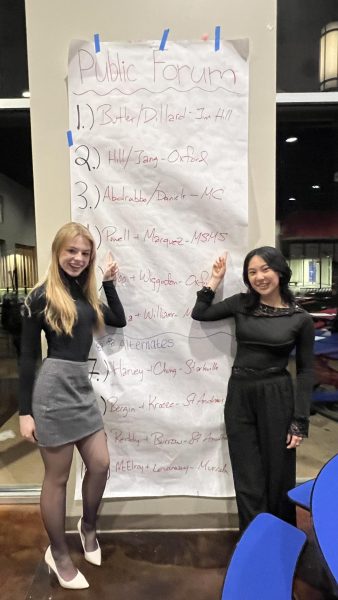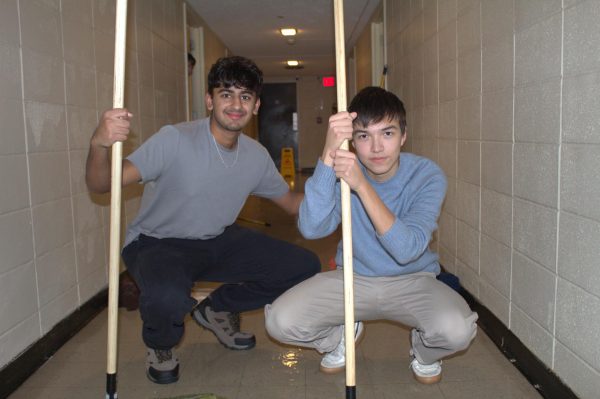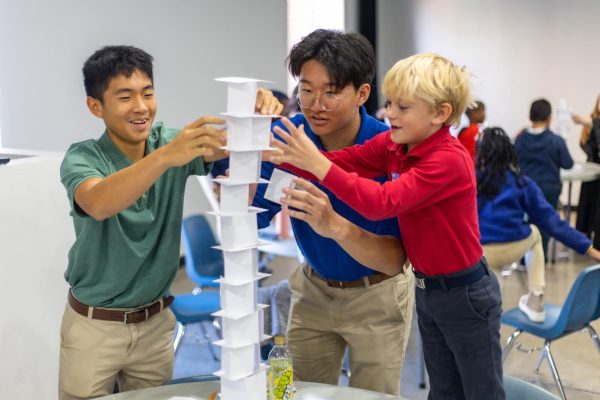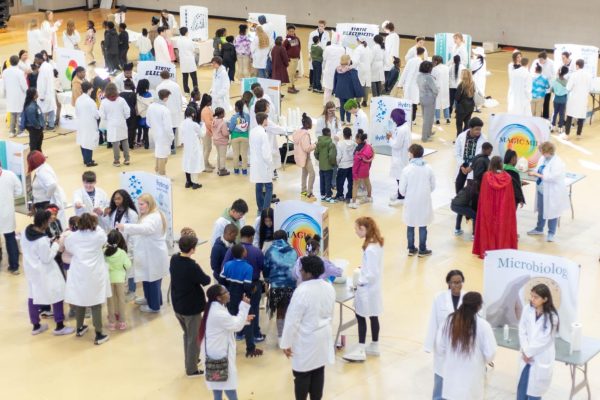MSMS wins all gold at Olympiada of Spoken Russian
Seniors Cloe Holdiness, Emily Lin, Sophia Toner and Quincy Wilson smile for a photo during the Russian III category of the Olympiada of Spoken Russian.
April 27, 2021
Ten MSMS students brought home gold medals from this year’s Olympiada of Spoken Russian on April 21, and for her performance on the assessments, senior Emily Lin won a citation of excellence from the American Council of Teachers of Russian.
Lin was also among three seniors who learned Friday that they had won federal scholarships to study Russian this summer.
Juniors Sydney Cooksey, Lauren Hood, Alan Meng, Avian Rose, Chingun Tsogt-Erdene and Vineeth Vanga competed in the Russian 1 category of the Olympiada. Seniors Cloe Holdiness, Lin, Sophia Toner and Quincy Wilson competed in the Russian 3 category. All were taught by World Languages teacher Margaret Mary Henry.
“I initially felt surprised about winning gold but now, looking back, I realize that Ms. Henry taught me so much these past few months that the award is deserving,” Tsogt-Erdene said.
The Olympiada is an oral exam that tests Russian proficiency with questions on culture, history and geography, along with conversational role play, recitation of a poem, and a reading with Q & A activity. In this year’s virtual competition format, competitors gave extended speaking presentations and recited memorized poems.
Hood was proud of winning gold because she believed her practice paid off. Though she felt prepared just from taking Russian 1, she also practiced her presentations before competing.
“I put together a PowerPoint in the days before the Olympiada and got to practice with Ms. Henry and my peers in class,” Hood said. “I also practiced my poem in front of my family.”
For Lin, this was the last and only chance to compete in the Olympiada, since, due to the pandemic, the competition was not held last year. Not only did she plan out her preparation for the competition beforehand, but she also took risks to maximize the learning experience.
“I think that being vulnerable helped me win,” Lin said. “I did not want to play safe and stick with basic vocabulary and grammar rules. With my presentation, I expanded my vocabulary with the understanding that I am likely making a few grammatical errors, and I took any of Ms. Henry’s corrections as an opportunity for me to improve my language proficiency.”
Senior Faith Bradford, who completed Russian 2 last semester, and Lin and Toner were awarded federal National Security Language Initiative for Youth (NSLI-Y) scholarships. Their selection brought to eight the number of NSLI-Y scholarships won by Russian students at MSMS, which is the only K-12 school in Mississippi that offers the Slavic language. Russian is among a handful of languages designated by the U.S. government as critical. Normally the program, funded through the U.S. State Department, sends participants to countries that once made up the Soviet Union. While attending language classes, students are immersed in cultural activities and live with local families.
This summer, however, the NSLI-Y program will be held for the second time online because of covid-19. The virtual programs will offer intensive Russian lessons and opportunities to learn about Russian culture.
“Although I would have liked to study abroad this summer, I am confident that I will have a positive, unforgettable experience through the virtual program since I will be learning from native speakers and with people who are equally passionate as I am about the Russian language and culture,” Lin said. “I plan to minor in Russian in college and hopefully be able to study abroad then.”
Said Henry: “The U.S. government is wise indeed to invest in these three young scholars, who will be continuing to build their linguistic proficiency and cultural understanding and could one day contribute greatly to improving our relationship with Russia. They are testament to our school’s mission to educate Mississippi’s young people about the world.”

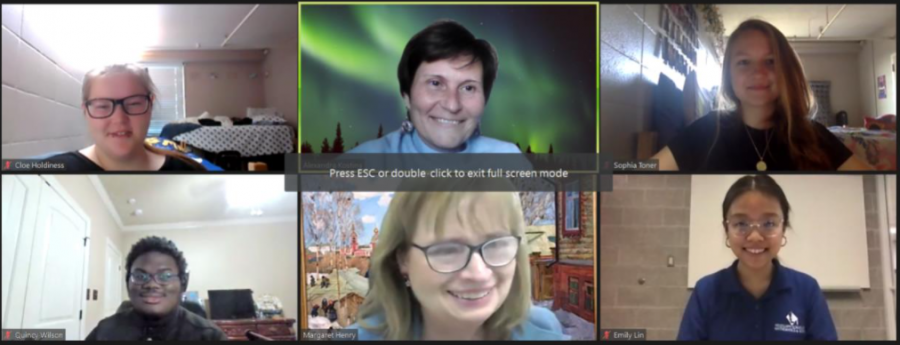
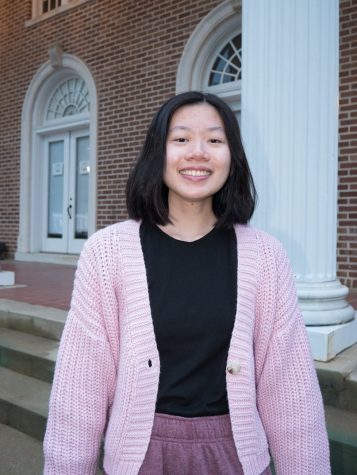
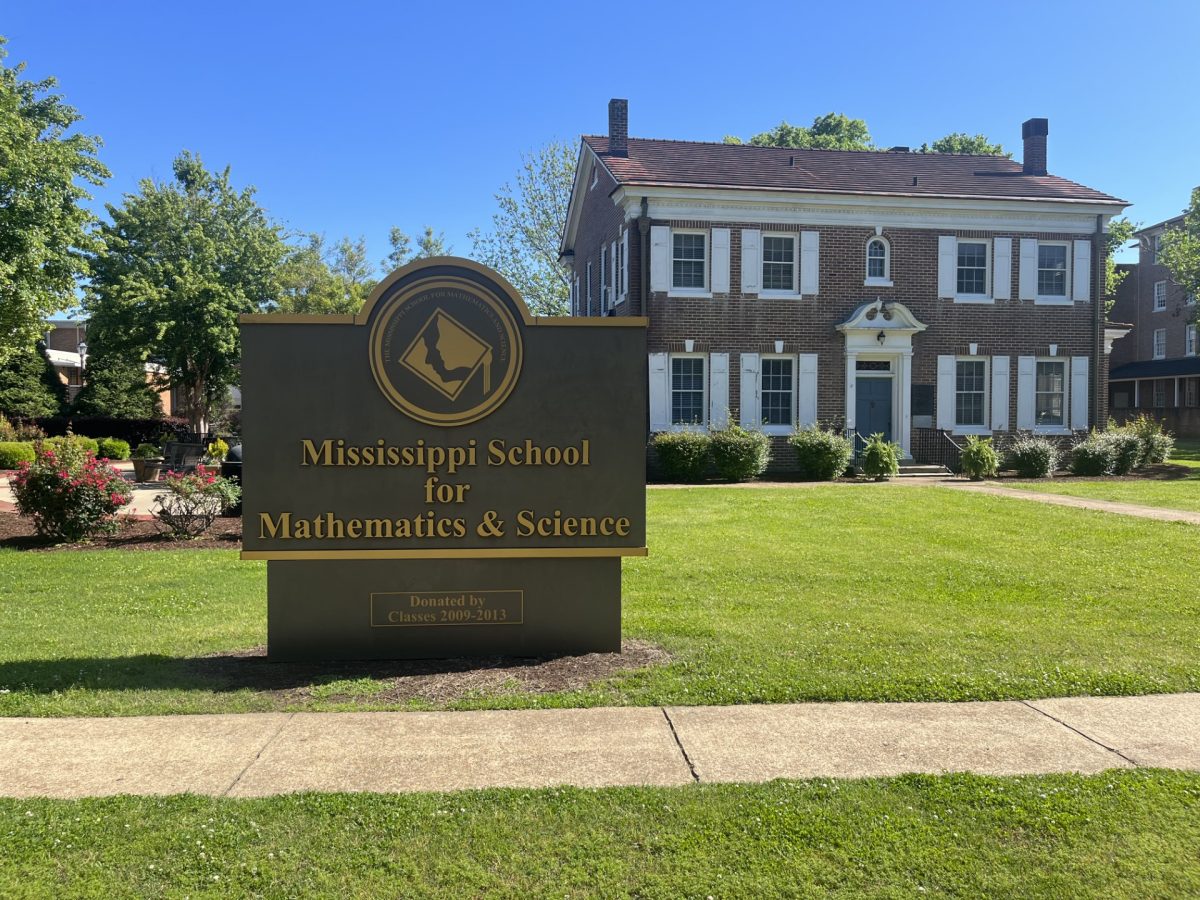
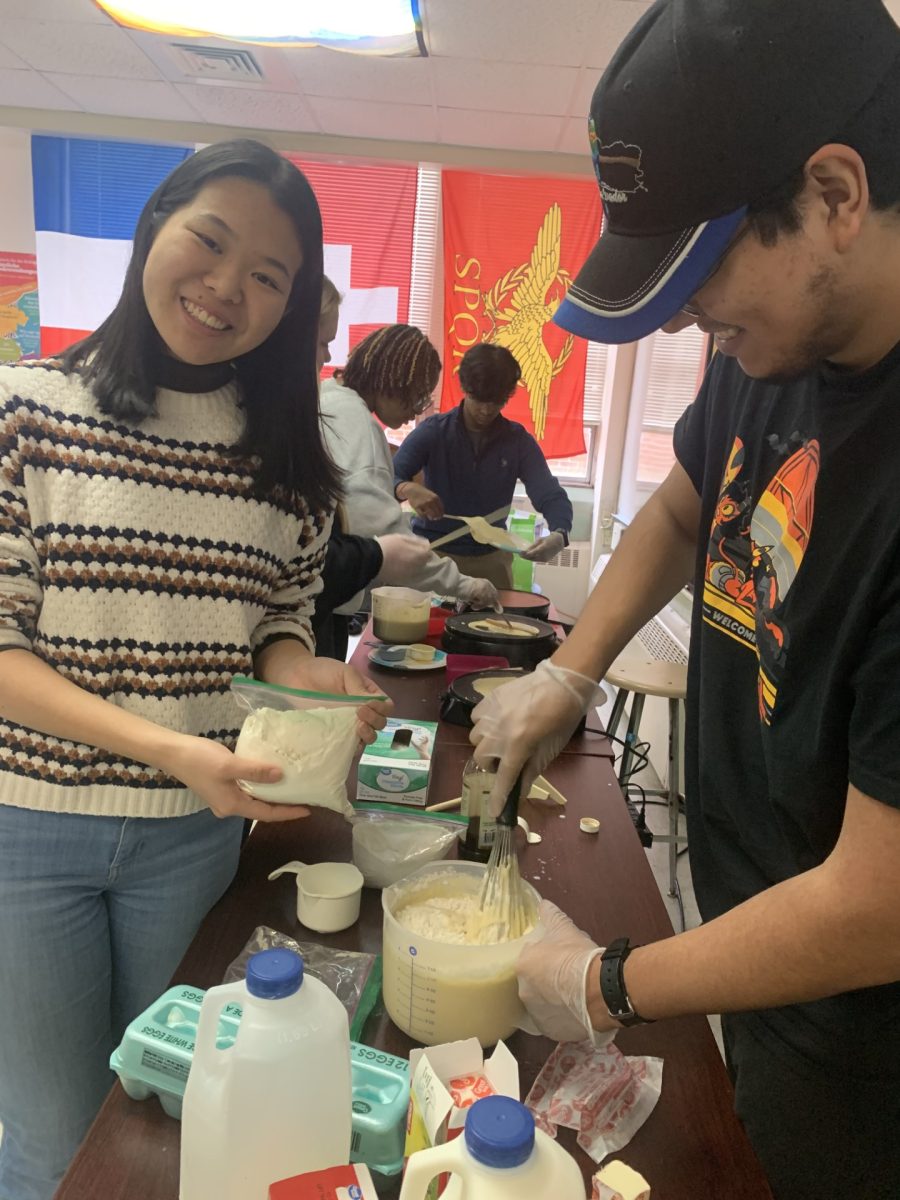
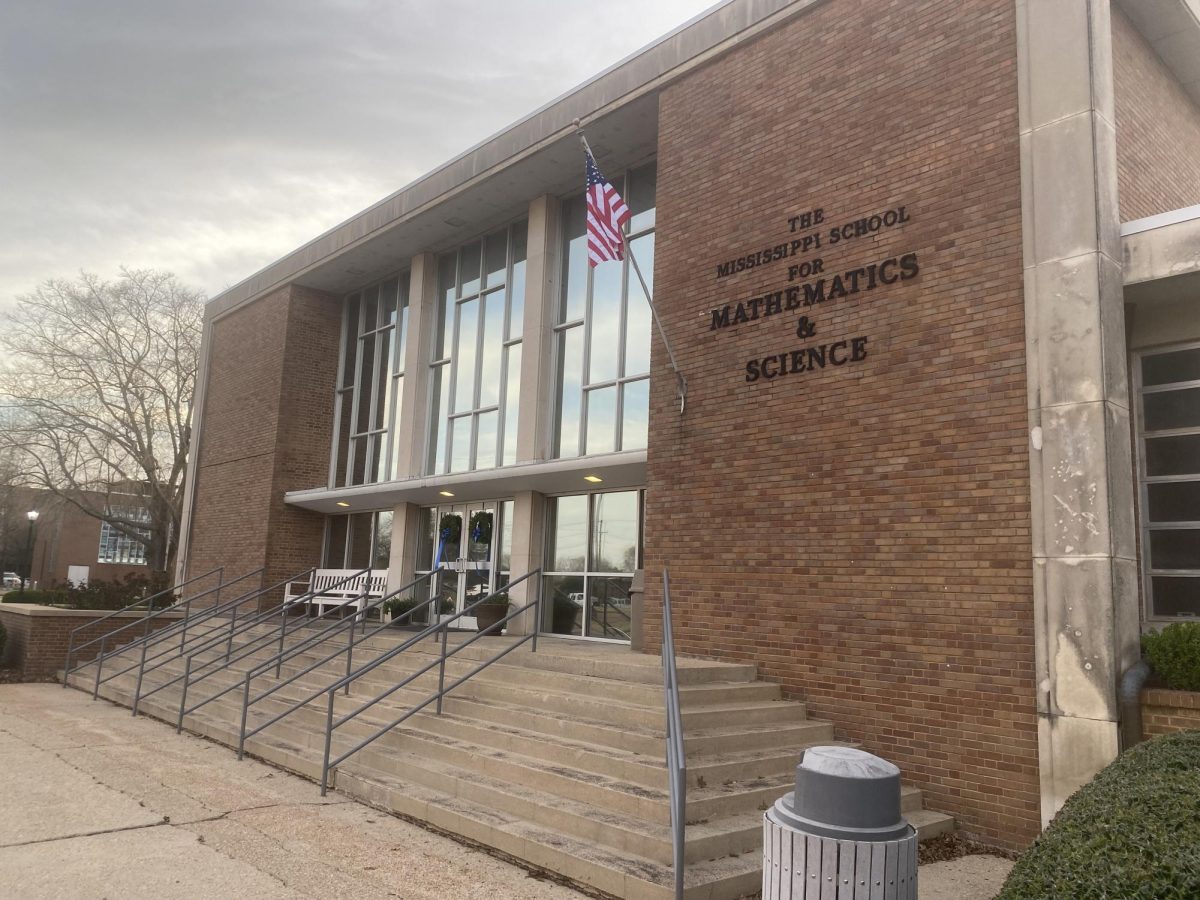
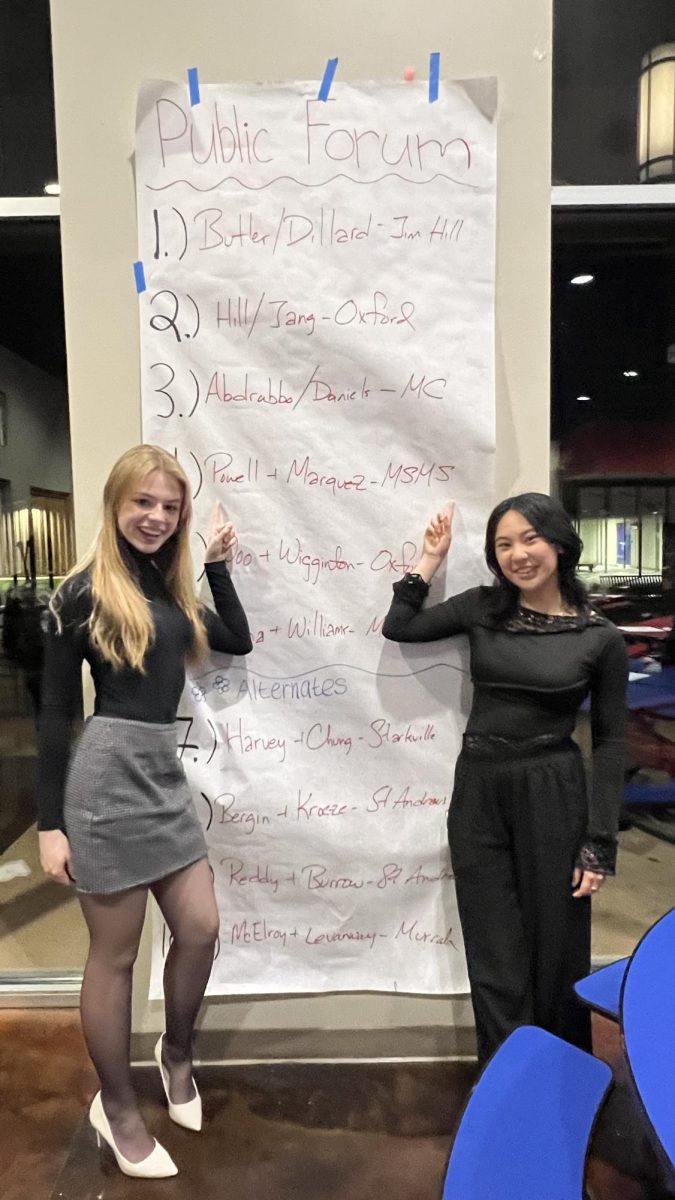
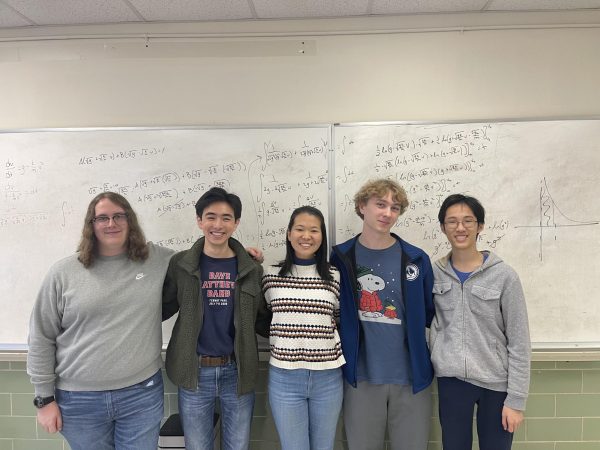
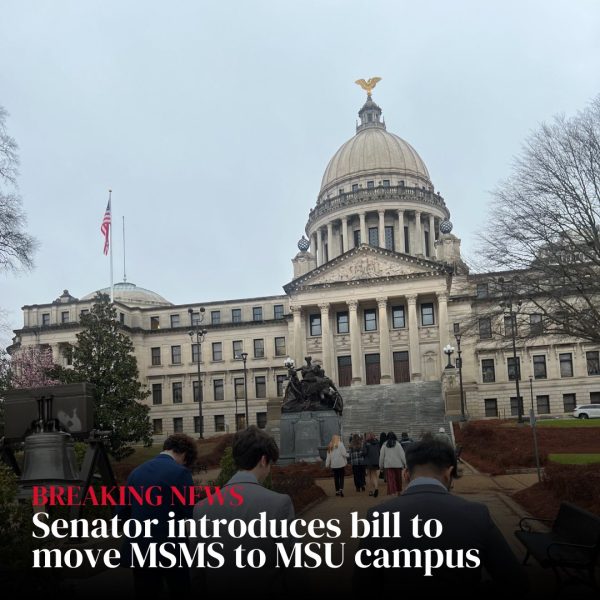

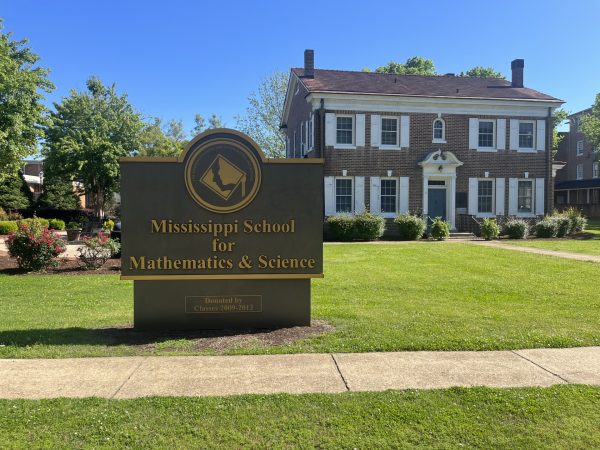
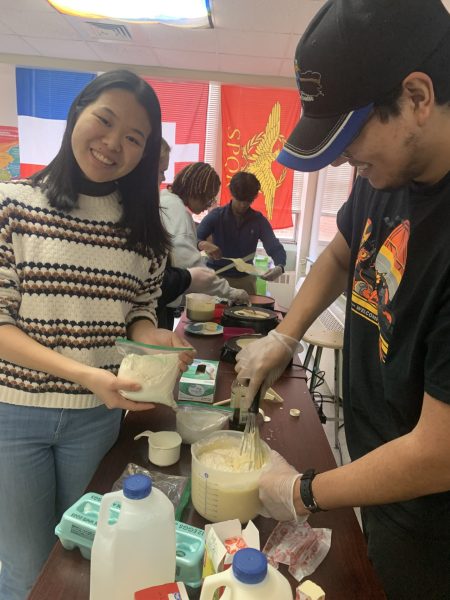
![A bill calling for the relocation of MSMS to Mississippi State’s campus was replaced in committee Tuesday [March 5] with language placing the Mississippi University for Women under MSU’s control.](https://thevisionmsms.org/wp-content/uploads/2024/03/Copy-of-IMG_3636-600x450.jpeg)
